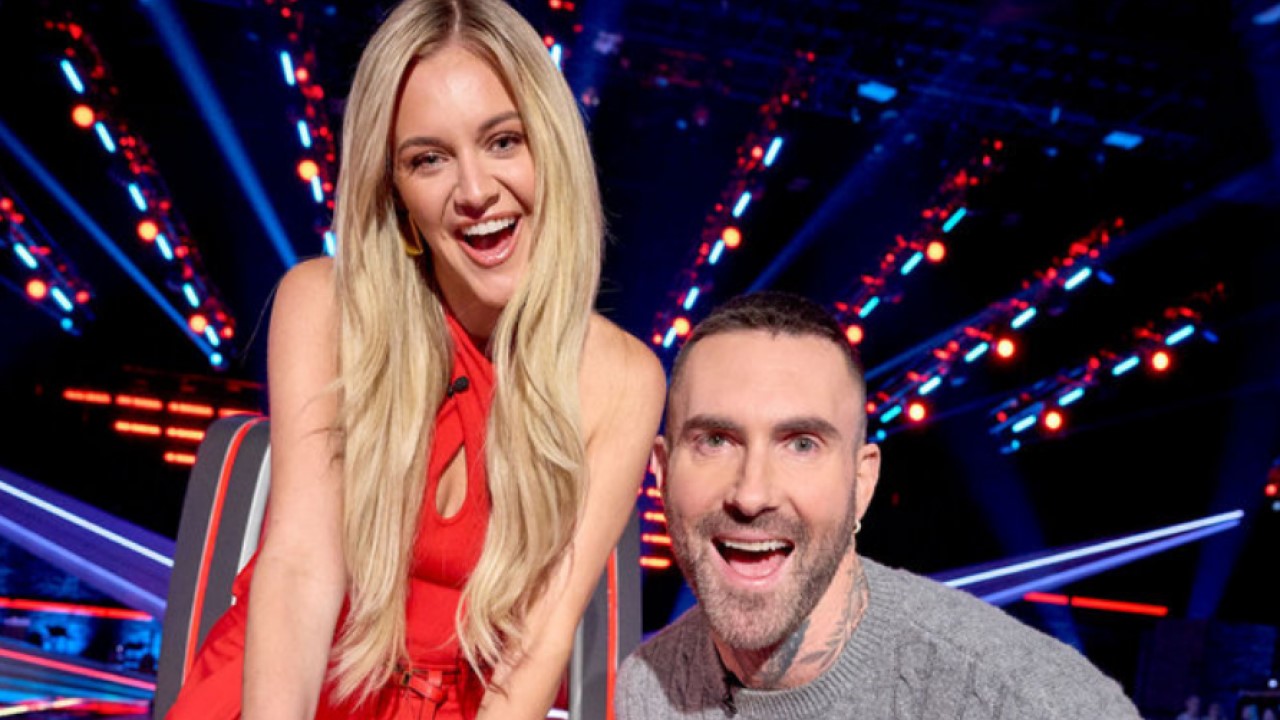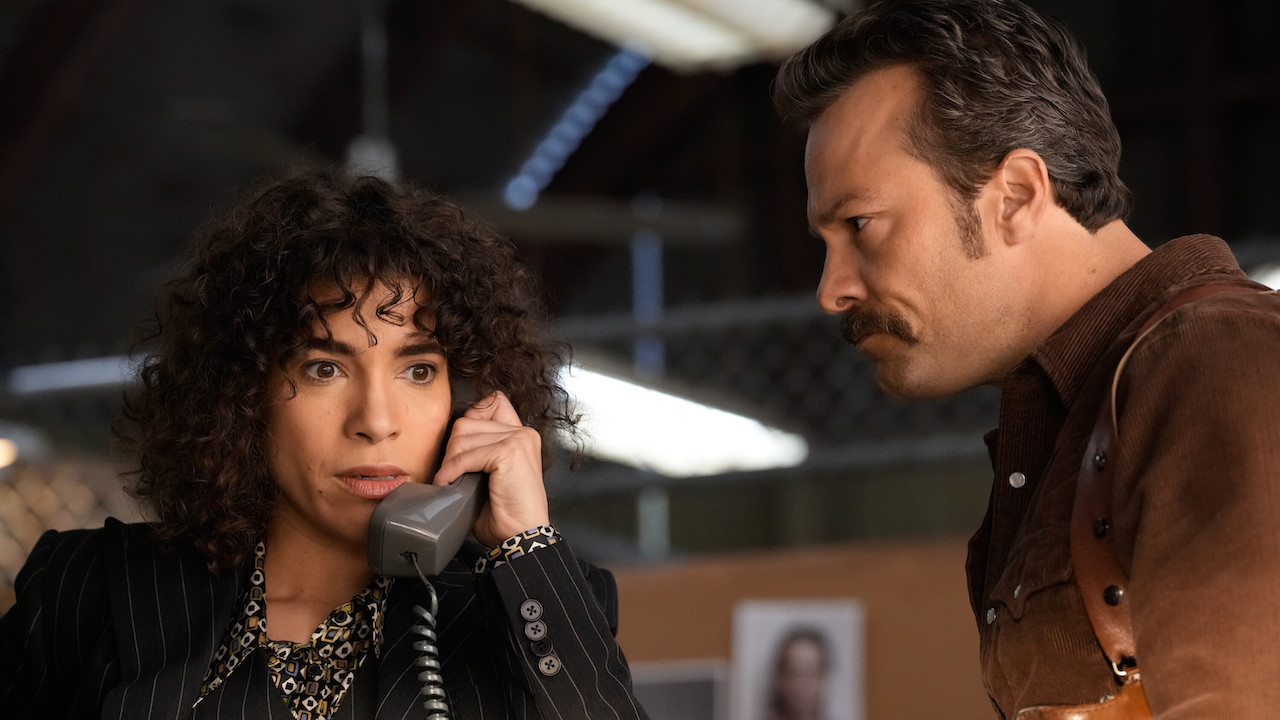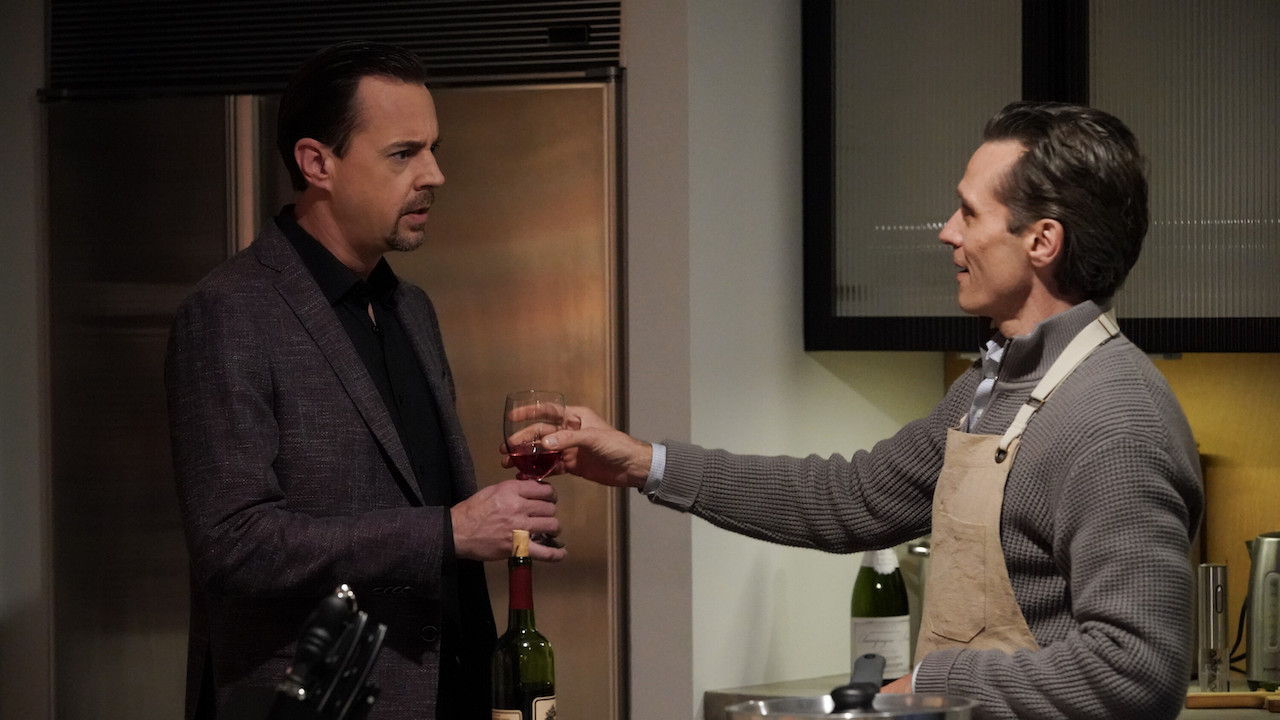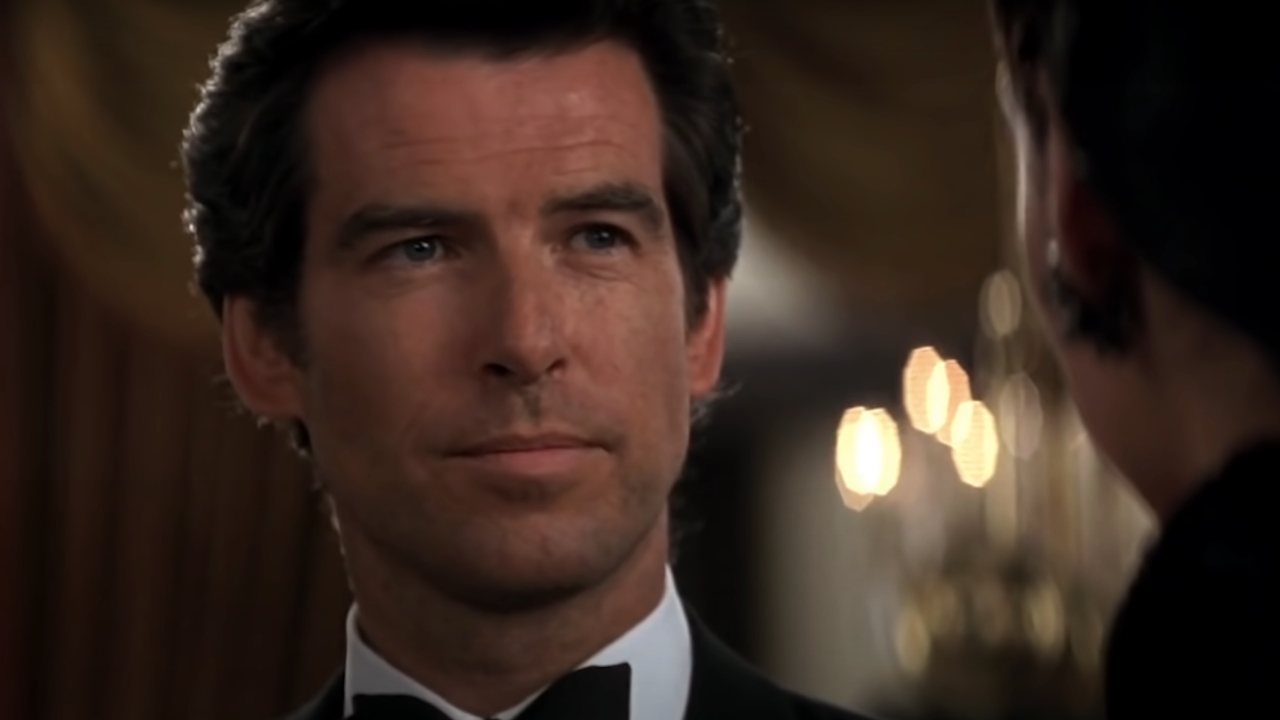Why The Ender's Game Boycott Won't Hurt Orson Scott Card
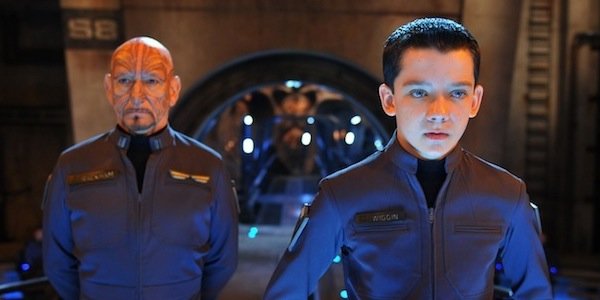
Though its release date isn’t technically until tomorrow, Ender’s Game arrives in theaters across the country tonight, and at long last for those who have been waiting decades to see Orson Scott Card’s novel adapted since it was published back in 1985. But how much does the book’s author actually stand to gain from the success of the film at the box office? According to The Wrap, "he won’t see a penny of your ticket money."
This isn't just insider knowledge about how profits from a film are distributed; some people have decided to protest Ender’s Game in response to Orson Scott Card’s well-publicized anti-gay views. If protesting the film is an effort not to hand your money over to someone whose personal, religious and political views don’t line up with your own, that isn’t an issue here, since Card’s fee was paid through a decade-old deal and there’s no backend, meaning he won't get a cut of the box office profits. The site goes into further detail on the history of the adaptation, noting that it bounced around for years before landing at Warner Bros. in 2002.
By the time OddLot rescued it from studio development hell a few years later – assigning the screenplay reboot to director Gavin Hood – Card’s involvement, both creative and financial, had dissolved to virtually nil. For all intents and purposes, the "Ender’s Game" movie was out of his hands.
So while he has a producer credit, it doesn’t sound like he’ll be pocketing any profits made by the film, nor does it sound like he had much creative say in what went into the film, beyond the source material, which takes no stance on homosexuality or gay rights.
Of course, that doesn’t mean that Card won’t benefit from the film’s publicity, as the Wrap quotes Jono Jarrett of Geeks OUT — the organization that’s called for a boycott of Ender’s Game due to Card’s views — as pointing out that book sales have been driven up by the film’s publicity. That may be true, but the publicity has also driven up a lot of attention and skepticism toward Card for his personal views, which could hurt him in the long run. I don’t think those views were a secret before, as he’s been pretty up front and on the record about them for years. But I read the book ten years ago and had never heard anything about Card’s anti-gay opinions until we started hearing news about the Ender’s Game film over the last year or so. From what EW posted earlier this year, neither did producer Roberto Orci:
''It didn't occur to me to do background checks on anybody.'' Still, he says, the movie should be judged onits message, not the personal beliefs of the original author. (Card had minimal involvement in the film; Gavin Hood penned the screenplay.) As Orci says, ''If it's on the screen, then I think it's fair game.''
Orci’s comment about the background check may seem a bit dismissive, but it’s a reasonable argument to make when we consider the number of people involved in making a film and the varying political and religious beliefs among them. Where do we draw the line? According to Orci, by what’s on the screen.
At the very least, in this case, people who had concerns that some of the money they spend on a ticket for the film might go to Card can rest easy as it doesn’t sound like he’ll see any of it.
Ender's Game arrives in theaters this weekend.
CINEMABLEND NEWSLETTER
Your Daily Blend of Entertainment News
Kelly joined CinemaBlend as a freelance TV news writer in 2006 and went on to serve as the site’s TV Editor before moving over to other roles on the site. At present, she’s an Assistant Managing Editor who spends much of her time brainstorming and editing feature content on the site. She an expert in all things Harry Potter, books from a variety of genres (sci-fi, mystery, horror, YA, drama, romance -- anything with a great story and interesting characters.), watching Big Brother, frequently rewatching The Office, listening to Taylor Swift, and playing The Sims.
